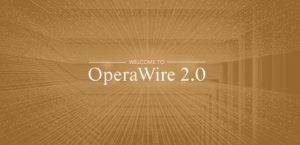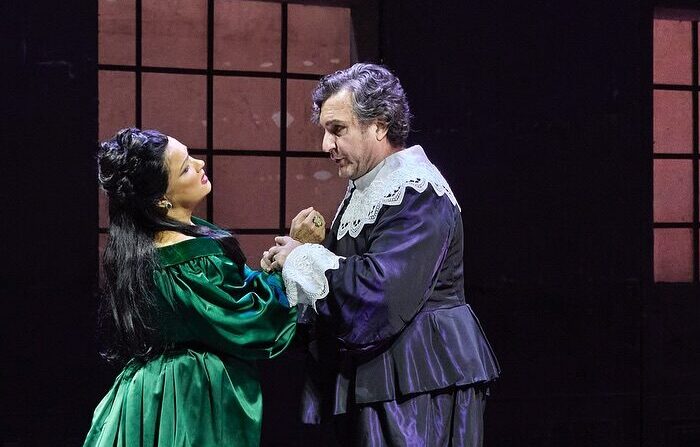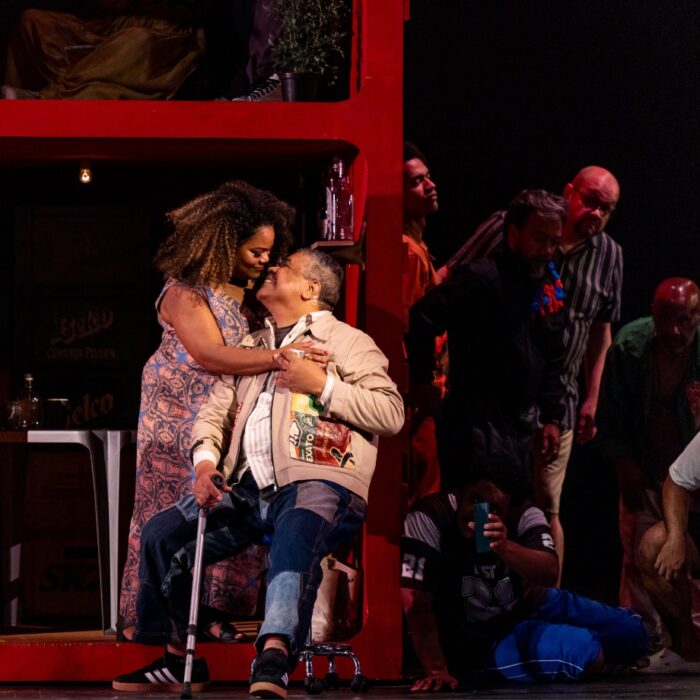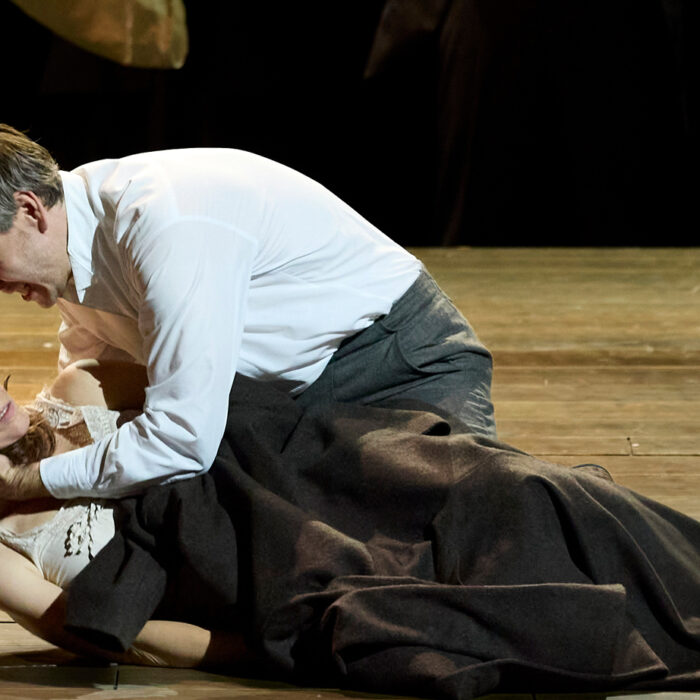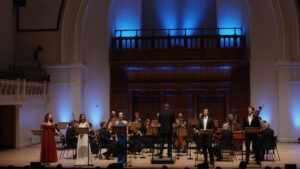
The Mozartists 2025 Review: 1775 – A Retrospective
By Mengguang HuangThe Mozartists’ MOZART 250 project, directed by Ian Page, has become a touchstone for exploring the late eighteenth-century stage year by year. The latest chapter, focusing on 1775, was a vivid reminder of how much opera of this period still speaks directly to us. By setting Mozart beside his contemporaries, Page allowed the audience to hear both the sparkle of the young genius and the richness of the repertoire around him.
Mozart’s “Il re pastore” naturally formed the centerpiece. Too often dismissed as an elegant but slight serenata, it emerged here with real freshness. Ava Dodd gave a luminous reading of the famous “L’amerò, sarò costante,” her soprano poised and unforced, the line floating easily above the obbligato violin. The aria’s mixture of Arcadian simplicity and opera seria nobility can seem fragile — Dodd kept it grounded in sincerity.
The programme also drew in figures from Mozart’s Salzburg circle. Domenico Fischietti, once a respected Kapellmeister but now little more than a footnote, was represented by “Senza temer d’inganni” from “Gli orti esperidi.” Dodd again impressed, her voice in bright dialogue with the oboe, the texture shimmering in a way that recalled Venetian grace more than Neapolitan showmanship. One heard how such writing formed a part of Mozart’s stylistic air.
In Mozart’s own “Di tante sue procelle,” Stephanie Hershaw projected the turbulent vocal arcs with elegance. The scena moves between moments of storm and calm, and her phrasing made the changes feel natural and flowing, suggesting how the teenage Mozart was already stretching opera seria conventions towards something more
psychologically alive.
Another discovery came in Antonio Tozzi’s “Orfeo ed Euridice,” premiered in Munich just days before Mozart’s “La finta giardiniera.” The overture, taut and storm-driven, was crisply pointed by Page. Tenor Sebastian Hill, standing in for Philippe Durrant, delivered “Che orribile aspetto” with clear tone, though not quite as fierce as the text calls for. Still, the aria’s obsessive tension hinted at a composer worth hearing again, somewhere between Gluck’s reformed drama and Mozart’s youthful experiments.
From J.C. Bach’s “Lucio Silla” came the spectacular “Ah se a morir mi chiama,” a reminder of why the “London Bach” mattered so much to Mozart. Chelsea Zurflüh hurled herself at its cruel coloratura with fearless energy, pushing her voice to thrilling extremes. If the piece borders on vocal athletics for its own sake, she made it land with dramatic
urgency.
Mozart’s friend Josef Mysliveček was also present through arias from “Demofoonte” and “Ezio.” Their leaping vocal lines and restless modulations show why Mozart admired him, and why Petr Václav’s 2022 film “Il Boemo” has helped rekindle interest in his output. The stylistic net widened further with Sacchini’s “Motezuma.” The aria “Mi scordo lo scempio d’un padre infelice,” given full urgency, hinted at the emotional directness that later won Sacchini acclaim in Paris.
Haydn’s “Turkish” opera, “L’incontro improvviso” supplied contrast. The terzetto “Mi sembra un sogno” was one of the evening’s highlights: Dodd, Hershaw, and Zurflüh balanced each other with unusual evenness, producing the kind of genuine trio texture rarely achieved in opera seria. The jubilant finale “Viva l’invitto duce,” dispatched with bright energy by the ensemble, reminded us that Haydn too could animate stock forms with wit and theatrical drive.
The orchestra, on period instruments, played with warmth and rhythmic alertness, Page guiding with his usual mixture of discipline and theatrical instinct. Overtures had bite; accompagnati carried real tension. Even the weaker arias gained conviction through his pacing.
Taken together, the programme felt like musical rediscovery in action — sincere and engaging. It revealed Mozart’s brilliance in context, while giving voice to composers who shaped his world and deserve a hearing in ours. Like Václav’s “Il Boemo,” it pointed to a treasure trove of eighteenth-century opera still waiting to be rediscovered. The only minor unsatisfying moment came at the end. For the encore, Zurflüh returned alone, delivering a showpiece that, while impressively sung, undercut the evening’s emphasis on balance and collaboration. After a programme that celebrated ensemble discovery, the spotlight on a single singer felt slightly out of place.
